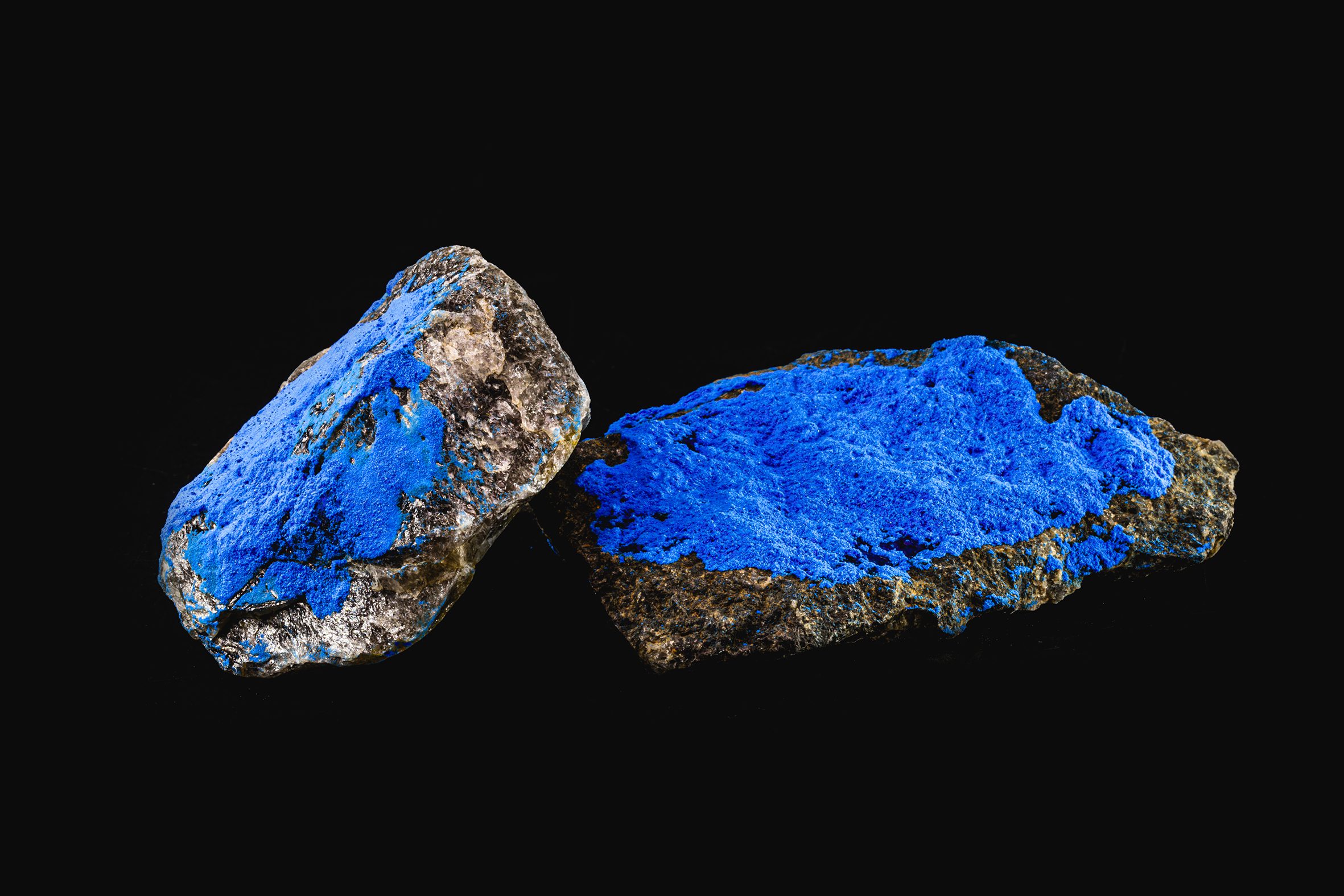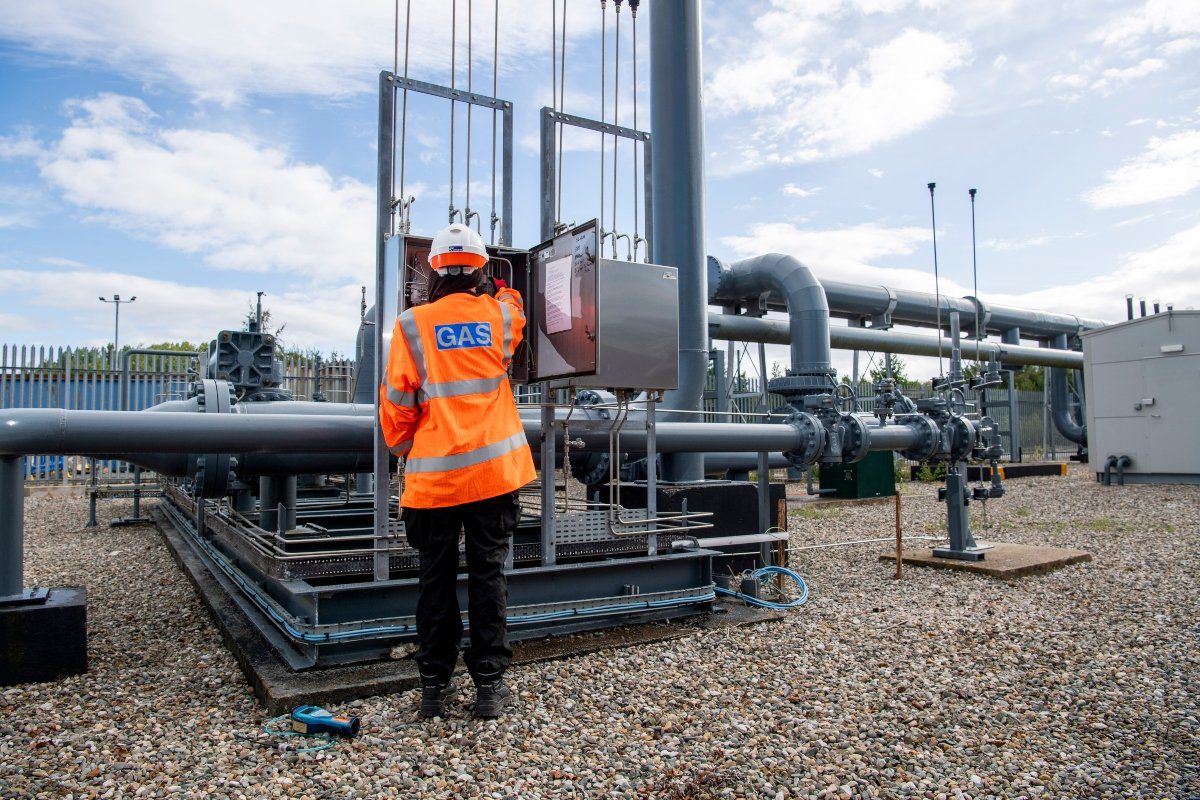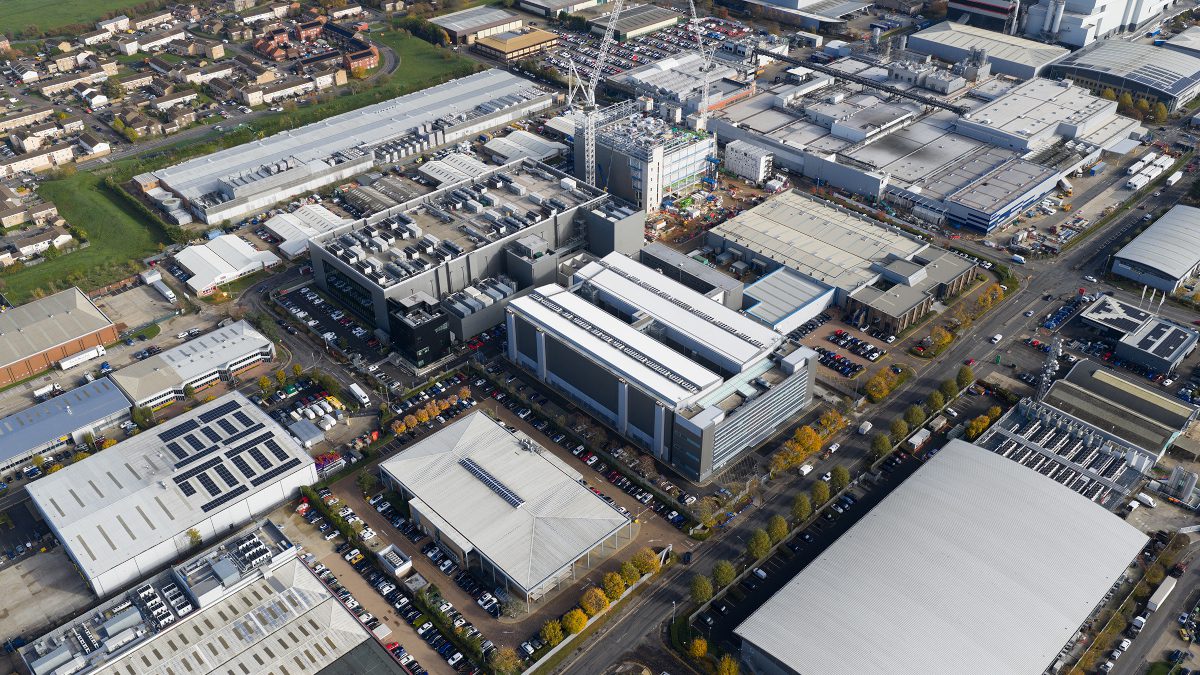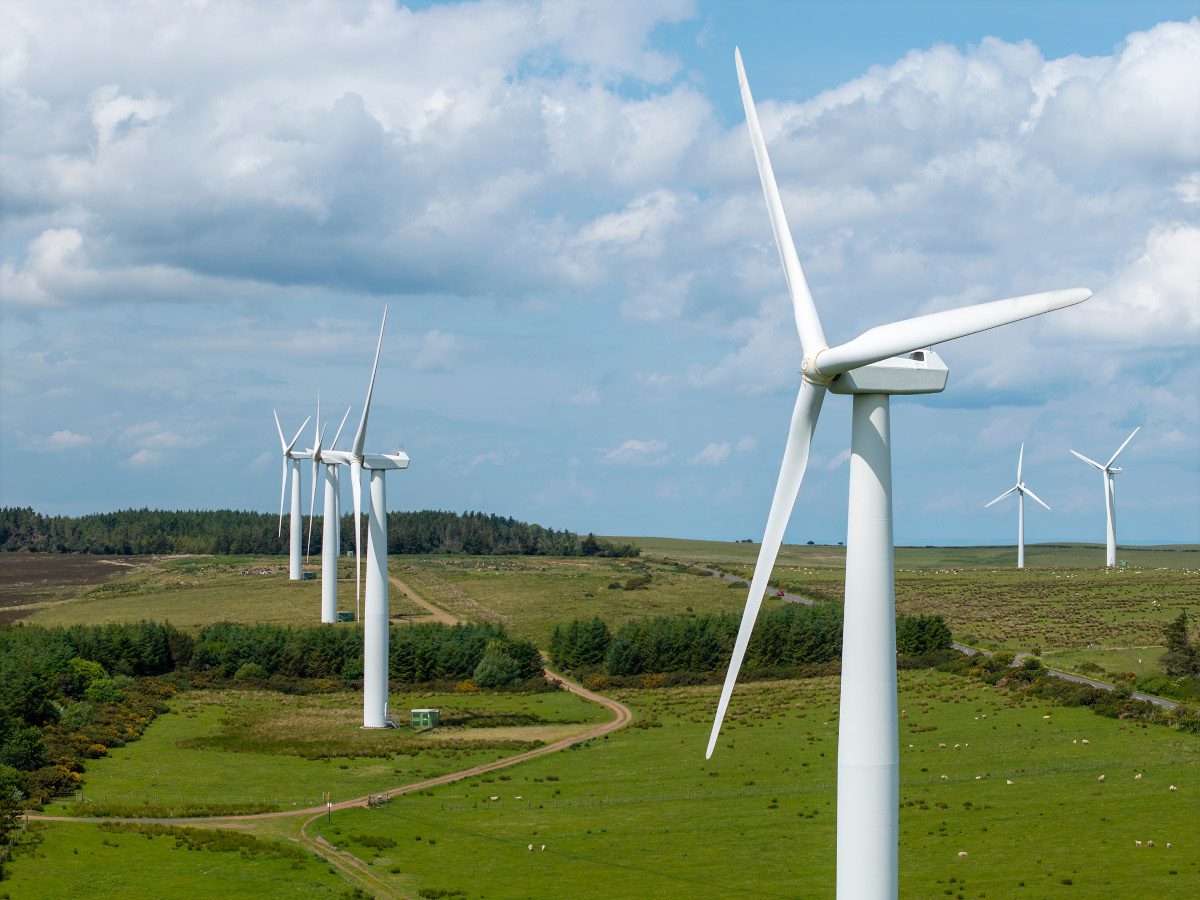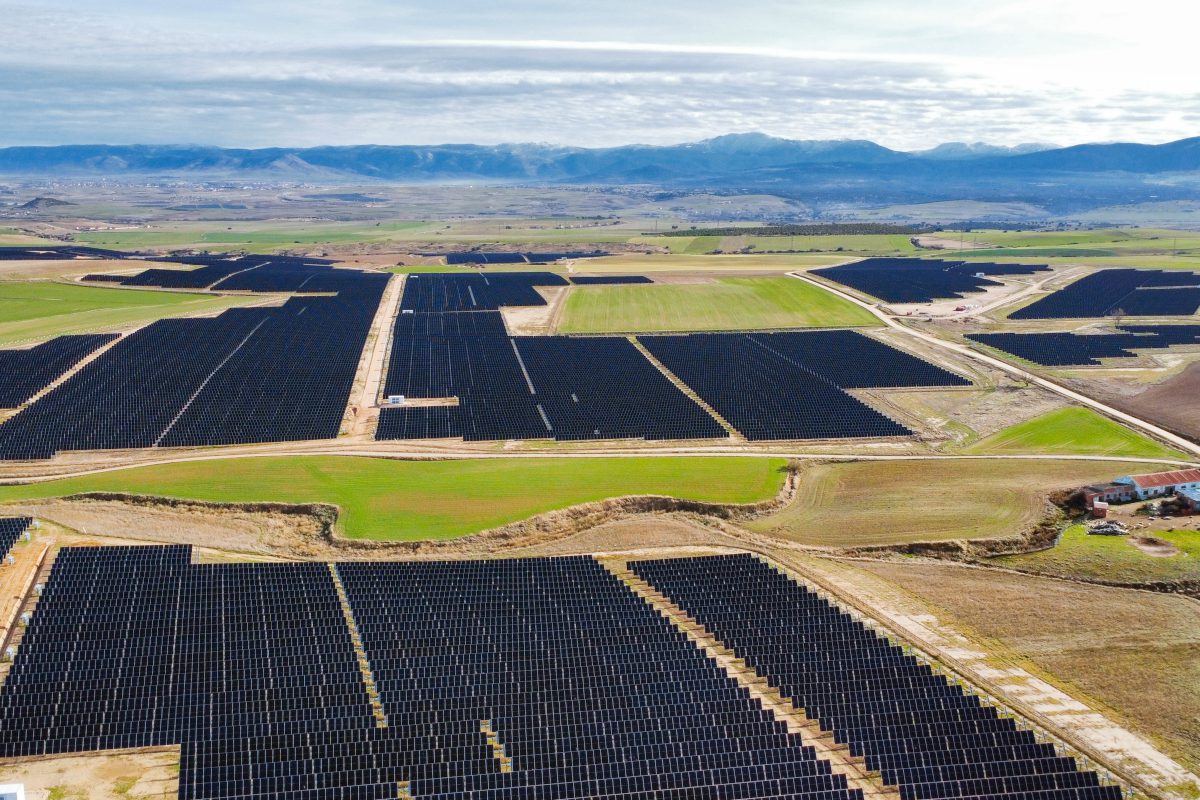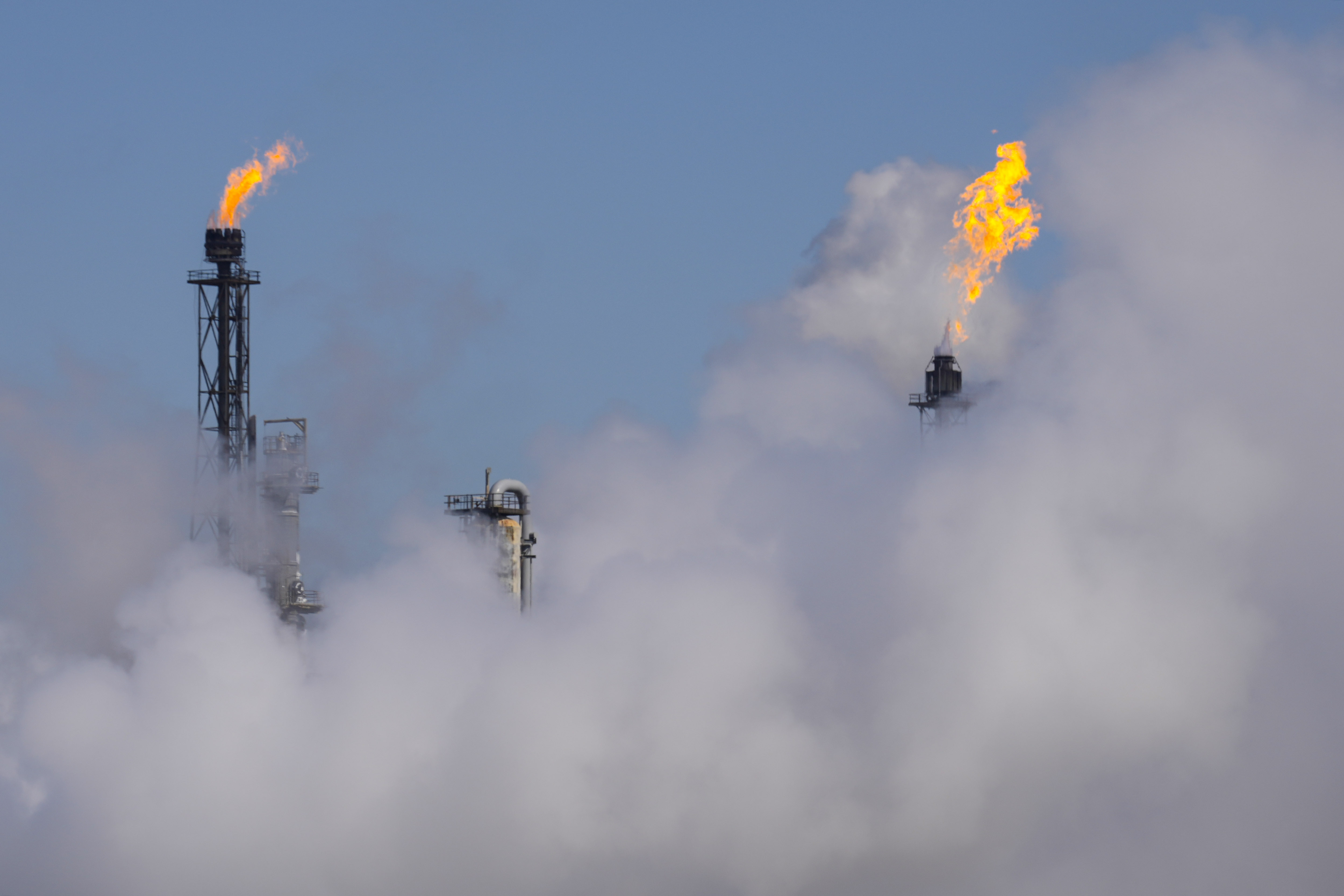An advanced 3D-printed heat exchanger is to be deployed in Airbus’s ZEROe hydrogen-electric propulsion program. The component is designed to address one of the key challenges in sustainable aviation: managing the heat generated by megawatt-class hydrogen fuel cell systems.
Using additive manufacturing and advanced Computational Fluid Dynamics (CFD) modelling, Conflux Technology – an Australian company specialising in advanced heat exchanger design – has created what the group says is a compact, lightweight thermal management solution capable of withstanding the demanding conditions of aerospace operation. The design has undergone lab-scale validation and is currently advancing through Airbus’ technology readiness assessment process.
“Thermal management is a core enabler for hydrogen propulsion,” said Michael Fuller, CEO of Conflux Technology. He said his group’s work with Airbus marked a significant step forward, “helping to advance this technology from lab to flight.”
The Airbus ZEROe project aims to bring a commercially viable hydrogen-powered aircraft into service, with the goal of achieving zero-emission flight. Conflux’s heat exchanger is being evaluated for integration into the aircraft’s broader fuel cell architecture, with system-level testing and further development planned over the coming months.



